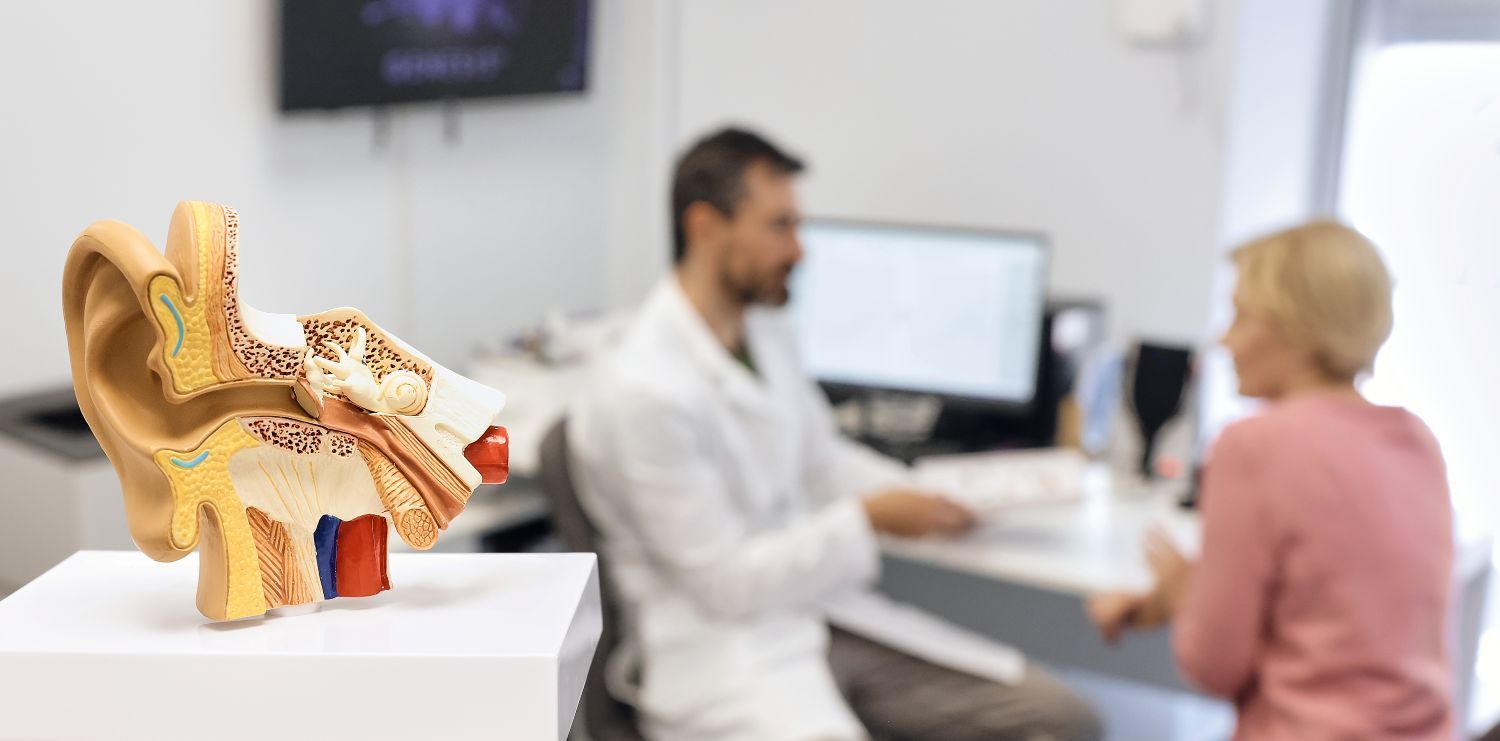How To Relieve an Ear Infection
Ear infections are common and can cause significant discomfort. They often occur when bacteria or viruses infect the middle ear, leading to inflammation and fluid buildup. While most of them are not serious, they can be painful and disruptive. Knowing how to relieve an ear infection can help alleviate symptoms and prevent complications.
Identifying the Symptoms of an Ear Infection
Common signs of an infection include ear pain, a feeling of fullness in the ear, difficulty hearing, and sometimes fluid draining from the ear. In children, ear infections may also cause irritability, trouble sleeping, and tugging at the ear. Recognizing these symptoms early can lead to quicker treatment and relief.
Seeking Medical Attention
If you suspect an ear infection, consult a healthcare professional. A doctor can accurately diagnose the case by examining the ear with an otoscope. They may also ask about your symptoms and medical history. Depending on the severity and type, your doctor will recommend the appropriate treatment. It's important to follow their advice for proper healing and to prevent complications.
Medical Treatments for Ear Infections
Treatment for ear infections varies based on the cause and severity of the infection. For bacterial infections, doctors often prescribe antibiotics. You must complete the entire course of antibiotics, even if symptoms improve, so that the infection is fully resolved.
However, antibiotics may not be effective in viral infections. Instead, your doctor might recommend pain relief methods and advise you to monitor your ear.
Managing Pain and Discomfort
Over-the-counter pain relievers like ibuprofen or acetaminophen can help manage pain and reduce inflammation. Follow the dosage instructions provided on the packaging or by your doctor.
Warm compresses applied to the affected ear can also provide relief. Hold a warm cloth against the ear for a few minutes to help soothe the pain. However, be careful not to apply anything too hot directly to the ear, as this could cause burns.
Considering Further Medical Intervention
In some cases, the infections may not respond to initial treatment or may recur frequently. If you experience persistent symptoms or worsening pain, or if the infection spreads, it's important to seek further medical attention. Your doctor may recommend additional treatments, such as stronger antibiotics or, in rare cases, a minor surgical procedure to drain fluid from the middle ear.
Children who experience this situation frequently may be referred to an ear, nose, and throat specialist. The specialist might suggest placing small tubes in the ear to prevent future infections and improve fluid drainage.
Preventing Future Ear Infections
While it may not be possible to prevent all ear infections, there are steps you can take to reduce the risk. Practicing good hygiene, such as regular hand washing, can help prevent the spread of germs that can cause infections. Avoid exposing yourself or your children to secondhand smoke, as it can increase the likelihood of ear infections.
Keeping up with vaccinations, especially the flu vaccine, can also help reduce the risk of viral infections that can lead to ear problems. If you or your child has allergies, managing them effectively can also prevent the conditions that lead to ear infections.
Schedule an appointment with us at ENT Medical and Surgical Group today to get expert care for your ear, nose, and throat health. Our experienced specialists provide personalized treatment plans to address your specific needs, so you receive the best care possible. Don't let discomfort or persistent symptoms affect your quality of life—take the first step toward relief with our trusted team. Contact us today!













